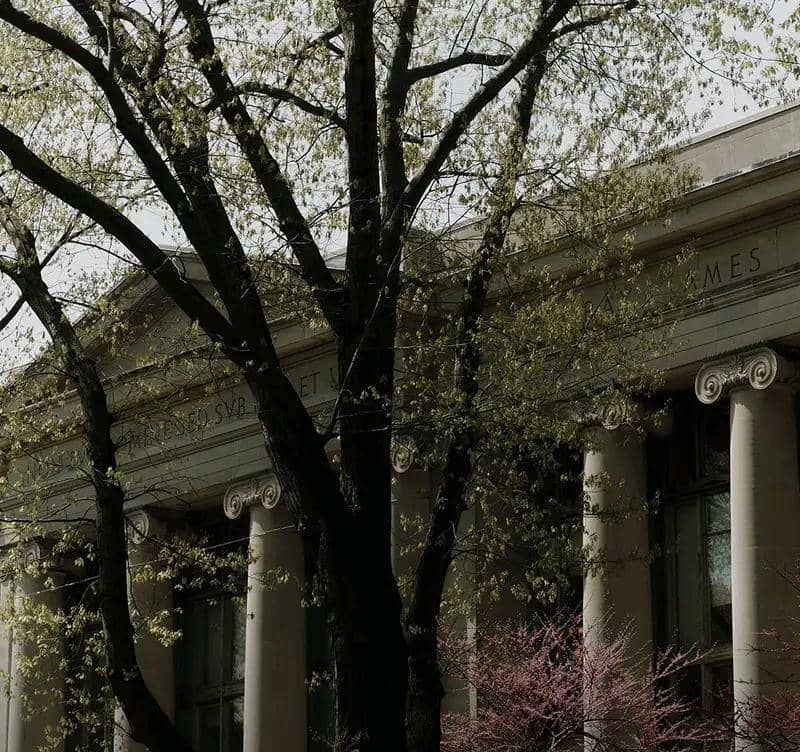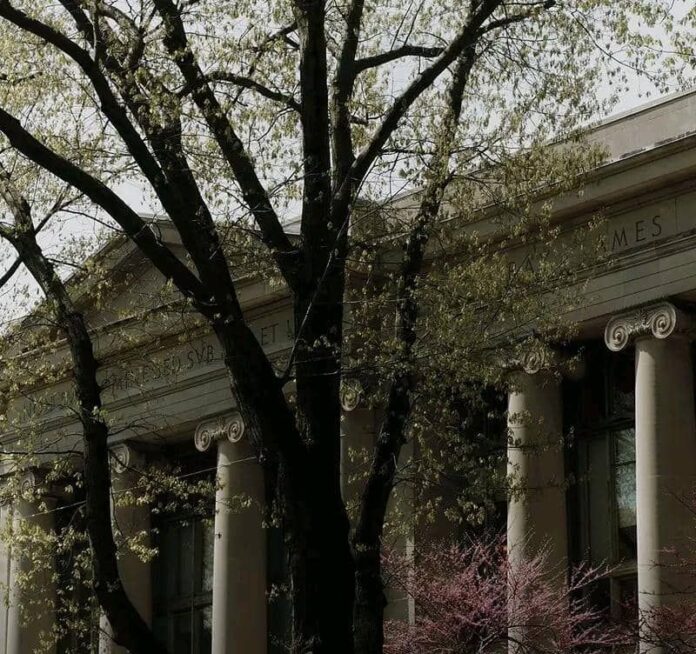By Burnett Munthali
In a bold and unprecedented move, Harvard University has filed a lawsuit against the Trump administration.
The legal action comes as a direct response to threats from the administration to cut billions of dollars in federal research funding allocated to the university.
Harvard, widely regarded as one of the most prestigious academic institutions in the world, is defending not only its own interests but also the broader landscape of academic freedom and scientific inquiry.
According to university officials, the Trump administration’s threats represent a grave danger to the integrity and sustainability of higher education research in the United States.

The administration had previously warned that federal funds could be withdrawn or dramatically reduced if institutions were found to be in disagreement with or resistant to certain federal policies and directives.
This sparked immediate concern across the academic world, but it was Harvard that decided to take a firm stand by bringing the issue to the courts.
The lawsuit, filed in federal court, challenges what Harvard describes as an unlawful attempt by the federal government to politicize education funding.
University President Lawrence Bacow emphasized that research funding should be based on merit, innovation, and the potential to benefit society — not political allegiance or ideological conformity.
He argued that the Trump administration’s approach threatens not only Harvard’s mission but also the principle of academic independence that underpins all American research institutions.
The university’s legal team is seeking an injunction to prevent the federal government from taking any retaliatory measures while the case is being heard.
In its legal filings, Harvard outlines the potentially devastating consequences of the funding cuts, including the halting of critical medical, environmental, and technological research projects.
These projects, which employ thousands of scientists and researchers, often lead to discoveries that benefit millions of Americans and have global significance.
Harvard’s research portfolio includes groundbreaking work in areas such as cancer treatment, climate change, artificial intelligence, and public health — much of which is funded by federal grants.
The Trump administration’s position, according to legal analysts, may hinge on a broader attempt to assert control over institutions that have been perceived as critical of its policies.
Some critics argue that the administration is using funding as a political weapon to silence dissent and reshape the priorities of academic institutions.
Others see Harvard’s lawsuit as a long-overdue assertion of institutional autonomy in the face of increasing government overreach.
The legal battle is likely to set a precedent for how federal funding and academic freedom interact in the years to come.
Several other top-tier universities and research institutions have issued statements in support of Harvard’s decision, with some considering joining the legal challenge.
Civil liberties organizations and academic advocacy groups have also voiced their concern, calling the administration’s threats an attack on democratic values and the free pursuit of knowledge.
Meanwhile, supporters of the Trump administration claim that universities should be held accountable for how they use taxpayer money and should comply with national priorities.
They argue that Harvard, with its vast endowment and influence, is capable of weathering financial challenges without relying heavily on federal assistance.
However, Harvard maintains that the issue at stake is not about financial survival but about preserving the sanctity of scientific research and academic freedom.
As the case proceeds, it is expected to draw widespread media attention and public debate, highlighting deep divisions between the federal government and America’s educational institutions.
At its core, the lawsuit underscores a critical question: Should federal funding be contingent upon political compliance, or should it remain a neutral tool to support innovation and learning?
Whatever the outcome, the case is poised to have far-reaching implications for the future of research, education policy, and the balance of power between government and academia.
For Harvard, the stakes are high — but so too is its resolve to protect what it believes is a cornerstone of American democracy and global leadership in science.
As legal proceedings unfold, scholars, students, and citizens alike will be watching closely, knowing that the battle for research freedom is about more than just one university.
It is, in essence, a battle for the soul of higher education in America.



